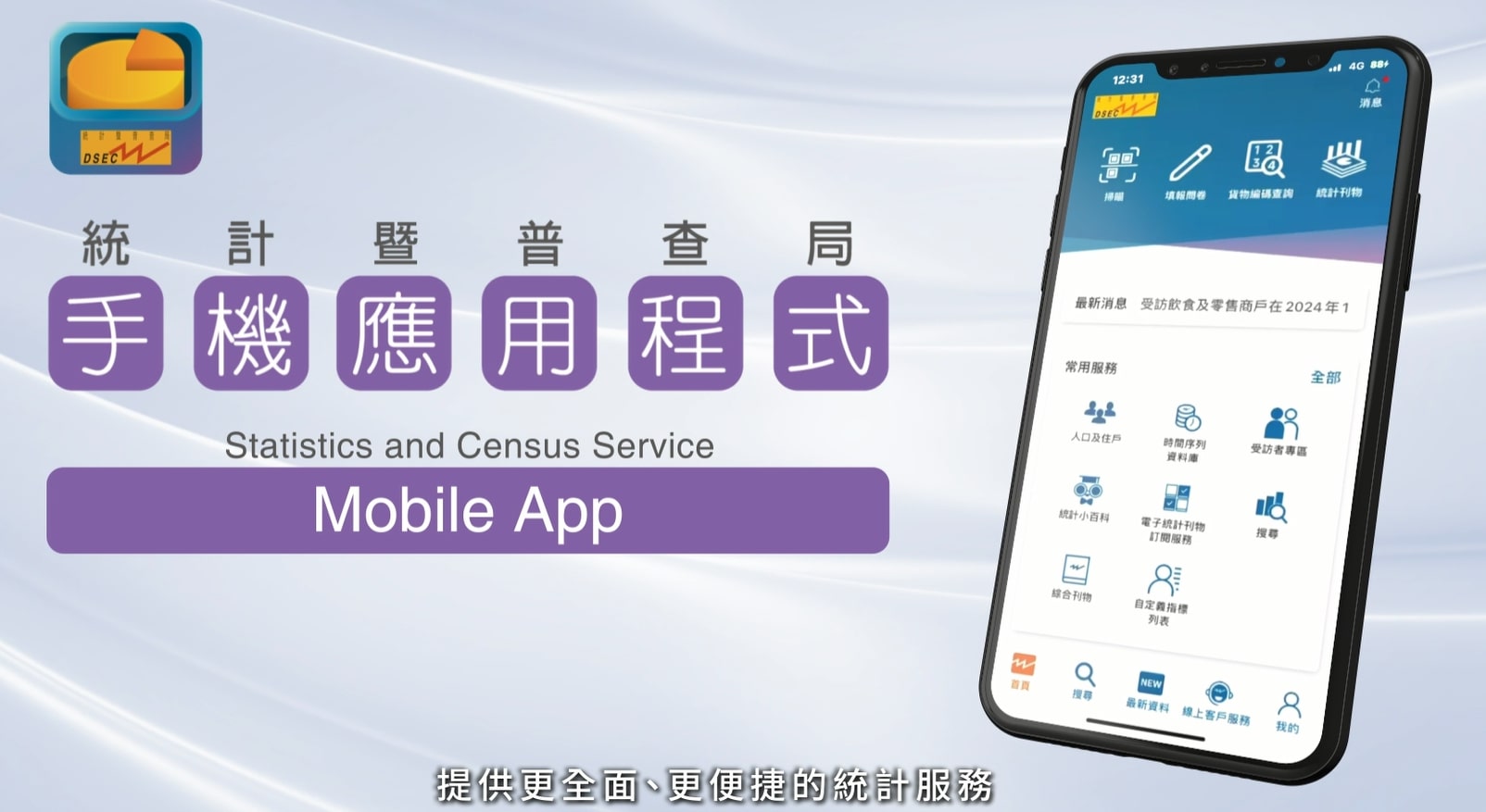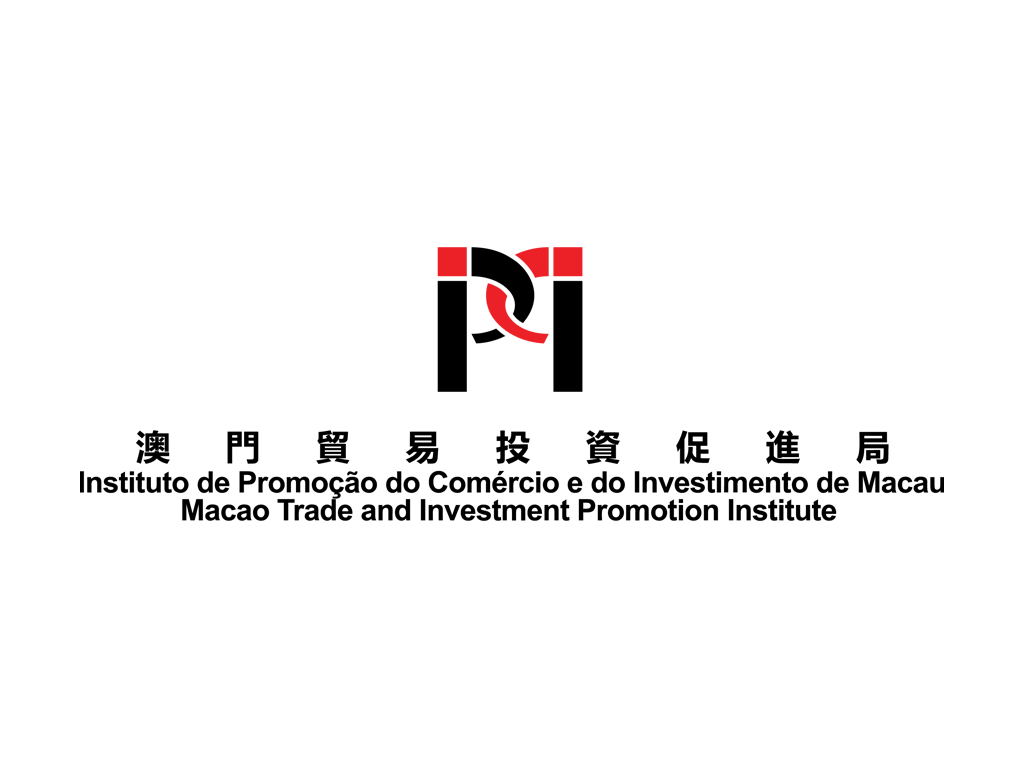Search Issues
The First Chinese InternetComputer Launched in Macao

Initially assisted by IPIM’s “One Stop Service” in their move to Macao,Culturecom Group Co. Ltd. has successfully completed research on the world’s first Chinese Internet computer and has launched it this year in Macao. Ms. Sammi Ho, Manager of its subsidiary company here, told Macao Image that Macao is an ideal R&D location, small with a highly concentrated market, so that it is very convenient for research activities since it is easier to collect feedback here than elsewhere. Besides, Macao-based businessmen are close to their target customers, and that is one reason why businessmen may choose Macao as an “experimental market” to launch their new products, then promote them if they prove sucessfull on a larger scale in Guangzhou, Shanghai, Beijing, or elsewhere in the greater China area.
Price Below MOP 1,000
The company is listed on the Hong Kong Stock Exchange, and its operations cover areas of culture and information technology. The company set up its Macao subsidiary three years ago and transferred its core research unit here. The name of the subsidiary company was formally changed to “Chinese 2000 Direct Network ( Macau )” in August 2001. Ms Ho said that the Chinese Internet Computer developed by the company will be sold below MOP1,000, and believes that everyone can afford it. If it proves to be successful in Macao, then the company will promote it further on the mainland and in overseas Chinese communities around the world. The new computer will fill a gap neglected by IT mainstream enterprises, giving their users an opportunity to share information and be successful in business.
The computer has three basic elements, the Chinese Linux operating system, a browser and a network centre. Ms. Ho described it as a “complete Internet service”. Since the OS (Operation System), browser and network centre have all been developed by the company itself with full IPRs, it guarantees that the computer can be sold at this very low price. The company has also developed other types of software, and it has requested that other software developers include their products in a “software warehouse” in the network centre for free. However, issues such as anti-virus and software upgrading will be handled by the network centre, SNIIC, said Ms. Ho.
Ideal for Computer “Dummies”
In August 2001, the company received an official licence as a temporary ISP in Macao. It provides an Internet service as a complementary part of the marketing of its Internet Computer. Ms. Ho said that their main customers are those whose knowledge of computer technology is limited and whose English is poor. It is very easy to use the Internet Computer. Customers do not need to install software. Users only need to plug the computer into the mains and connect it to a telephone line, that’s all it takes. As most Macao residents know little about computers, and the size of the domestic market it is convenient to collect feedback, the company chose Macao as the first market for its new product. Even though the overall market of the Chinese Internet Computer is still to be explored, the company is very confident that its new product will soon be selling like hot cakes.
The Chinese Internet Computer is priced at just MOP998. It has a 10-inch colour LCD. Its Chinese operating system is very simple with its functions displayed in pictures. The user can master the machine in 30 minutes by just a click of the mouse, do not need to attend computer lessons or worry about upgrading and maintenance costs.
At present, the R&D department of the company is headed by the group’s vice-president, Mr. Zhu Bangfu, who is widely known as “the father of the Chinese computer”. As an important figure in promoting the Chinese language in the IT field, he developed a search engine in the 1970s, waived his patent rights and publicised it for free use by the general public. Mr. Zhu has a long experience in the field of Chinese-language computer systems. In March 1999, Mr. Zhu joined the company and transferred the R&D department to Macao because of its close proximity to Hong Kong, its convenient transportation and communication systems, up-to-date infrastructure, and relatively low operating costs.After years of hard work, the subsidiary company in Macao developed the first Chinese Internet Computer in the world.
Ms. Ho stressed that in developed countries nowadays the daily use of the Internet is regarded as a necessity, not a fad, over half of the population in North America and Western Europe use computers every day, but the ratio in China is less than four per cent and in Macao less than 10%. These still rather low ratios are proof that there exists great potential to develop a huge market.
Chinese Internet Computer
In this context, “Chinese” refers to the computer’s Chinese-language operating system. The main difference between an Internet computer and a PC is that the Internet computer does not have a hard disk,therefore the price is lower. The Internet computer is mainly for surfing, and all the operational software is installed at SNIIC. The SNIIC provides services such as emails, webpage browsing and other application software, games, and so on. The user can search the Internet in English, and locate a specific webpage by typing in a number. The innovative “digital search technology” enables companies to identify their websites by their telephone numbers. This will certainly make Internet search much easier, enhance communication among people and, above all, generate more business opportunities for everyone.
Company: Chinese 2000 Direct Network (Macau) Limited
Address: Av. Xian Xing Hai, Ed. Zhu Kuan, 6I-L, Macau
Tel: (853) 751881
Fax: (853) 751896
E-mail:info@chinese2000.net
Website:http://www.c2kol.net
First Digital Colour Scanning Company Set Up in Macao

With the popular use of digital technology, many traditional industries no longer rely on manual operations but are increasingly becoming automated and computerised. For example, traditional printing has already become digitalised as digital scanning is more accurate, efficient, cost-beneficial and time-saving. There are presently only two digital-scanning companies in Macao. Cosmos Digital Graphic Factory Ltd. was the first to enter the digital era in Macao. Mr. Michael Fong told Macao Image that although the market in Macao is rather small, the potential is huge since he expects a boom in the development of tourism in the wake of the liberalisation of the gaming industry to increase the overall demand for advertising.
Traditional scanning relies on worker experience, thus it takes more time, and is not very precise. On the other hand, digital scanning is technically less complicated and it also takes less time. Digital scanning also allows further editing of photographic material. Macao’s printing market is rather small, so there is, quite naturally, only room for a limited number of digital scanning companies, some of which are still using rather unsophisticated technology.
Great Potential
Mr. Fong previously worked in the printing industry in Hong Kong. He started professional scanning as a business five years ago, and now has branches in Hong Kong, Zhongshan and Macao. The biggest is the Zhongshan plant and the smallest is the plant in Macao, which formally opened last year. The initial investment amounted to two million patacas. Mr. Fong says he determined to introduce the latest technology and equipment to Macao in order to fully develop the potential of the local market. Digital scanning is still something new to Macao that until recently had no professional scanning plants using advanced equipment. That’s why Cosmos Digital Graphic Factory Ltd. succeeded in gaining a dominant market share within a relatively short period of time, namely because the company uses the most advanced scanning equipment available.
“We need to have good equipment because our selling point is speed and good quality. Our printing machine is the newest in Macao” Mr. Fong said when explaining the technological level of his company.
Pioneer in software innovation
Mr.Fong also said that the future of Macao’s printing industry will be decided by the development of technology. Businessmen in this line of industry have to invest continuously in order to keep pace with the development of new market trends. The machinery itself may remain unchanged for quite a while, but the software that is uses changes rapidly. Investment costs involved may total several hundred thousand patacas in each case, but it is an inevitable investment.” Mr. Fong said.
Colour-scanning is closely linked to advertisements and printing. Mr. Fong said that colour-scanning is mainly used in two-dimensional advertisements, and by the printing industry in general. Tourism is one of Macao’s main industry, its prosperity will surely generate more demand for advertising, something that promises to create new business opportunities. The liberalisation of the gaming industry is expected to result in a great increase in advertisements. This will greatly benefit the colour-scanning industry. However, Mr. Fong prefers to pursue a cautious approach toward business. “We choose Macao because the market has a demand for high technology printing companies. Since Zhongshan plant received orders from Macao’s advertising agencies in the past, and aferward with the advice given by the Macao Trade and Investment Promotion Institute (IPIM), we decided to set up a branch here. I believe that the liberalisation of gaming industry will strongly benefit the further development of the high-technology printing sector.”
Mr. Fong stressed : We will only concentrate our effort on one particular business, not extending to other areas, to be the best and the most efficient company.
Company: Cosmos Digital Graphic Factory Ltd.
Address: Estrada de D. Maria II, Cheong Lung No. 3-21, 4 andar“G”, Macau
Tel: (853) 518181
Fax: (853) 518343
E-mail: techno@macau.ctm.net
Dr. Pan Qi, Director and General Manager of CAS Technology (Macau),
is Convinced that Macao is an Ideal Springboard for Mainland Chinese High-Tech Companies

CAS Technology (Macau) Co. Ltd is a high-tech company endorsed by the Chinese Academy of Science. It was incorporated in Macao in October 2001 with the assistance of IPIM’s “One stop Service”. Dr. Pan Qi, Director and General-manager of CAS Technology (Macau) Company Limited, told Macao Image that his company was attracted by Macao’s highly advantageous location, its easy flow of manpower and capital, and its relatively low operating costs. According to Dr. Pan, Macao has great potential to function as springboard for mainland Chinese high-tech companies to get into overseas markets.
The Chinese Academy of Science is the mainland’s prime research institute, comprises with more than 400 companies, such as the world-famous Legend Group. The CAS Group fully benefits from the technological resources of the Academy. CAS Technology (Macau) is the youngest and at present the smallest subsidiary, with its shareholders coming from Hong Kong and the Chinese mainland. Dr. Pan also said that the provision of technological intermediary services is much cheaper in Macao than in Hong Kong and, Shenzhen and Beijing. Macao enjoys easy access to the mainland, Taiwan and Southeast Asia, as well as free flow of manpower and capital.
Macao has a great competitive edge
China is very much focused on developing science and technology. Some of its sophisticated high-tech products have become increasingly competitive in foreign markets as a result of inexpensive research and development costs on the mainland. CAS Technology (Macau) main business is acting as agent for the mainland high-tech products in order to open up their foreign markets. Dr. Pan said that “China’s membership of the WTO means more foreign capital will flow into China, as well as a need for Chinese enterprises to follow a global strategy. We can be an intermediary to facilitate that, which very well fits in with the Special Administrative Region Government’s thinking of developing Macao into an intermediary for trade and services. The primary targets for us now are the markets in Taiwan and Southeast Asia.”
Dr. Pan does not agree with the view that technological advances and globalisation will phase out intermediaries. “The market is indeed getting more and more integrated, while business is growing more professional, intermediaries can still play an indispensable role. For example, we are now helping a company in Shenzhen to gain the access to the Taiwan market for their products. They do not know much about the Taiwan market and they cannot go there freely, while we have connections in Taiwan as well as on the mainland, which comes in very handy,” said Dr. Pan.
Cultivating one’s own clientele
According to Dr. Pan, not to mention global economic integration, even in regional, economic and political systems also differs, so intermediaries will not be completely replaced now or even in the future. They will be getting more specialised.
The short-term plan of CAS Technology (Macau) is to build up its own clientele, to gain market share in two years time for developing a well-defined corporate strategy in future. In the medium term, CAS Technology (Macau) intends to become an intermediary for mainland companies. In future, the company hopes to develop its own brand. Currently, CAS Technology (Macau) handles geological information, intelligent transportation technologies, automation technologies, software engineering and other products. It can also process a large amount of data for its clients.
Dr. Pan believes that the gaming industry, tourism and the MICE industry will become the Macao’s economic pillars in the future. However, the technological sector will develop its own unique potential and competitive edge in that process.
Company: CAS Technology (Macau) Co., Ltd.
Address: Av. Xian Xing Hai, S/N NAPE, Edf. Zhu Kuan 6 andar “N2”, Macao
Tel: (853) 752348
Fax: (853) 752340
Source: “Macau Image”, Issue No-36, May 2002






















